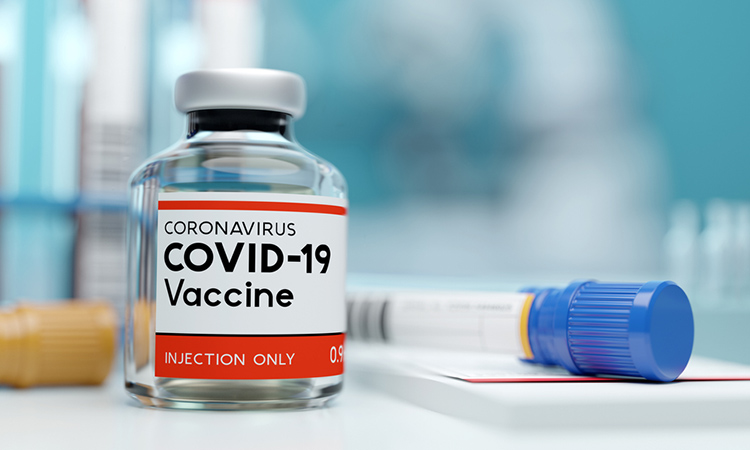A new study has found that Covid-19 vaccination in pregnant women, from midterm to late stage, generates anti-spike antibodies that can protect the baby from the coronavirus, contrary to claims that it is dangerous to do so.
These findings, according to experts, are encouraging and expecting mothers can be vaccinated and can take booster shots, as part of efforts to lessen the risk of infection, especially in vulnerable populations.
A recent study from Massachusetts General Hospital in the United States showed that vaccination during pregnancy resulted in more lasting antibody levels in infants when compared to babies born to unvaccinated mothers infected with Covid-19.
Read the research here: https://jamanetwork.com/journals/jama/fullarticle/2788986
Researchers said that these anti-spike antibodies could be detected in the umbilical cord blood and protect infants from Covid-19.
Previous studies have found that higher levels of antibodies are transferred across the placenta during this time, compared to later in pregnancy.
For the current study, researchers sought to determine how long antibodies against the spike protein remained in the infant’s blood.
The study was limited to individuals vaccinated against Covid-19 or infected with the virus from 20 to 32 weeks of pregnancy.
Researchers collected blood samples of infants born to vaccinated mothers when the infants were two months old and also collected samples from these infants at six months of age, as well as from six-month-old infants born to mothers who had Covid-19 during pregnancy.
The results showed that at delivery, vaccinated mothers had higher levels of anti-spike antibodies than mothers who had Covid-19 during pregnancy.
At two months of age, 48 out of 49 (98 percent) of the babies of vaccinated mothers had detectable levels of antibodies.
At six months, 16 of 28 (57 percent) of the babies of vaccinated mothers had detectable levels of antibodies, compared to 1 of 12 (8 percent) of babies born to mothers who had Covid-19.
However, the researchers noted that infants are more likely to be severely affected by Covid-19 than older children, adding that Covid-19 vaccines currently were not planned for babies younger than six months.
Although the study could not say how much protection vaccinated mothers could give to their babies, the researchers said these results can push pregnant individuals to be vaccinated.
The study was conducted by Andrea G. Edlow, M.D., M.Sc., of Massachusetts General Hospital, and her colleagues.
The National Institutes of Health funding for this study was provided by the Eunice Kennedy Shriver National Institute of Child Health and Human Development, National Heart, Lung and Blood Institute, and National Institute of Allergy and Infectious Diseases.








